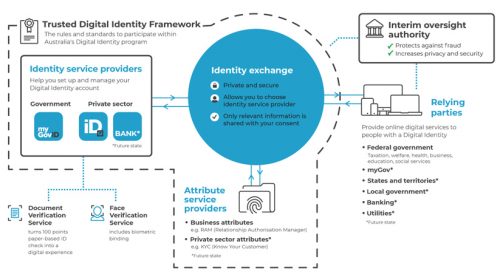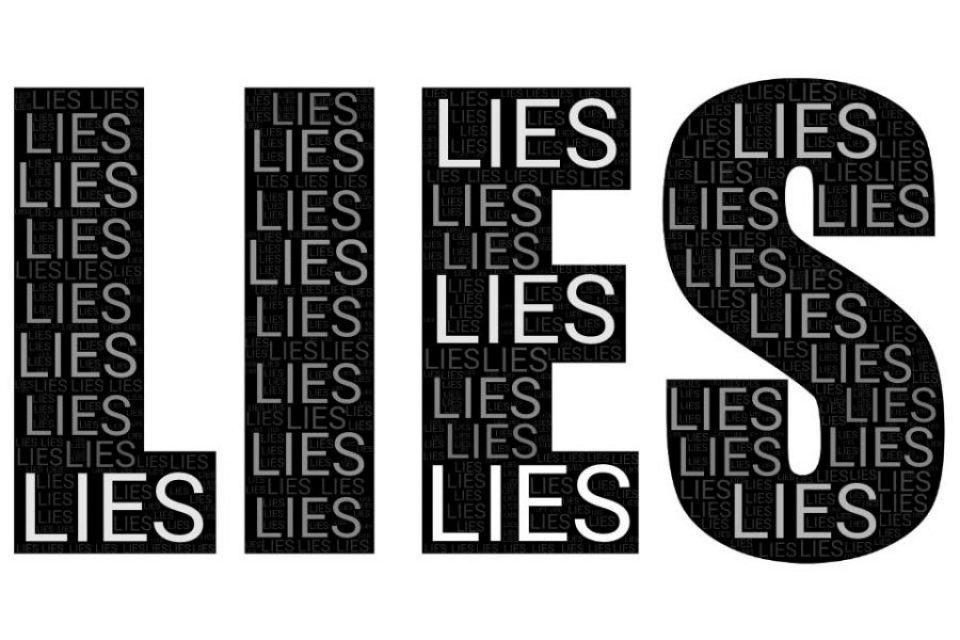Simpson: Tackling the synthetic drug problem
FOM Longview News-Journal By David Simpson

Tackling synthetic drugs
The year after the Comprehensive Drug Abuse Prevention and Control Act was signed in 1970, President Richard Nixon said, “Public Enemy No. 1 in the United States is drug abuse. In order to fight and defeat this enemy, it is necessary to wage a new, all-out offensive.”
Forty-five years and over a trillion dollars later, the war on drugs continues with no victory in sight — and not even substantive progress. As a result, approximately 50 percent of federal prisoners are serving time on drug-related charges and drugs are as prevalent as ever.
Perhaps it is time to change our strategy, or at least employ a complementary approach to eliminating this scourge.
Since 2010, there has been an influx of designer drugs on the market that mimic the effects of marijuana and cocaine. They are not detectable by drug testing and often not technically illegal.
As soon as state and federal authorities move to place certain chemicals and compounds on controlled substance lists, producers make subtle changes to the chemical makeup of their products, staying one step ahead of the law.
Synthetic drugs are far more dangerous than their natural counterparts. Because the substances are designed to better fit the receptors in the brain, the intensity of their effect is amplified and the duration of their experience is extended.
To make matters worse, the process by which these chemicals are applied to their carriers, such as potpourri, is erratic and unsophisticated. The result can be that a user may be able to tolerate (or perhaps enjoy) the synthetic drug one time and the next suffer severe debilitating effects.
Imagine having a beer with friends. You know your tolerance for alcohol will allow you to have one beer and drive home without impairment. Now imagine trying a “synthetic beer” and enjoying it. The next time, though, instead of being able to drive, you find yourself suffering from severe anxiety, nausea, an elevated heart rate, tremors, seizures, hallucinations or temporary blindness.
Now add deception as an ingredient. Synthetic substances are designed to produce effects in humans that are similar to, or in excess of, controlled substances. However, they are not marketed as drugs. They are sold as something else. Often they are added to incense or potpourri.
The inclusion of the synthetic substances in the final product exponentially increases its value. The price of synthetically laced potpourri is comparable to that of illicit natural drugs. These products, commonly known as “Spice” or “K2,” are often sold in vapor stores, convenience stores, and even online.
Usually the products are labeled with a lie — “Not meant for human consumption.” Both the seller and the buyer disregard that supposed limitation or warning because the value and intended effect of the substance in the product cannot be obtained merely by warming or burning, but through ingestion or inhalation.
Finally, the souls who use these products are subject to serious bodily injury or even death. The experience can be the equivalent of thinking you are getting on a new, modern roller coaster only to find out its steel monorail is attached to an old, rotting wooden structure that cannot support such speed and torque. The chances of derailment are almost certain.
Selling a product with the intention of it being ingested, but labeling it otherwise, is deceptive in the worst way. It circumvents the intent of some drug laws and enables the producer to knowingly sell products that have serious side effects and cause personal injury.
Simply banning these chemicals is not effective. We should create an avenue for individuals or their families to seek monetary damages from those involved in manufacturing, distributing, and selling these products and causing harm.
To accomplish this I have introduced two complementary pieces of legislation. The first amends the Business and Commerce Code to enforce the Deceptive Trade Practices-Consumer Protection Act with synthetic substances (House Bill 1199). The second creates civil liability for engaging or aiding in production, distribution, sale, or provision of synthetic substances (House Bill 1200).
Civil liability may not make these products go away completely. However, when producers and sellers of synthetic drugs are forced to pay for the consequences of the intended use of their products, they will have a substantial incentive to protect their clientele by ceasing production and removing the products from their shelves.
— State Rep. David Simpson, a Longview Republican, represents Gregg and Upshur counties (District 7) in the Texas House.








